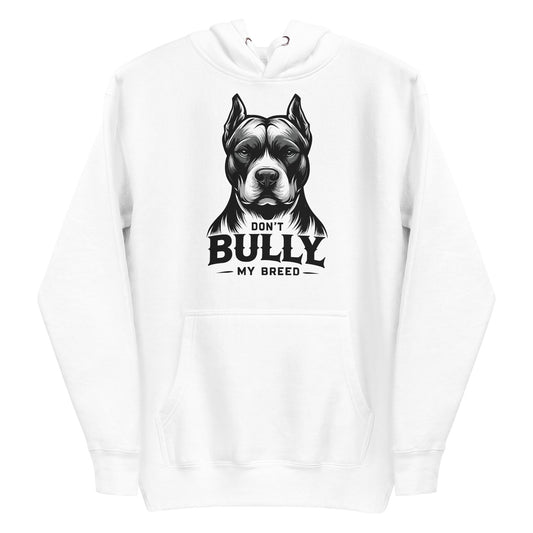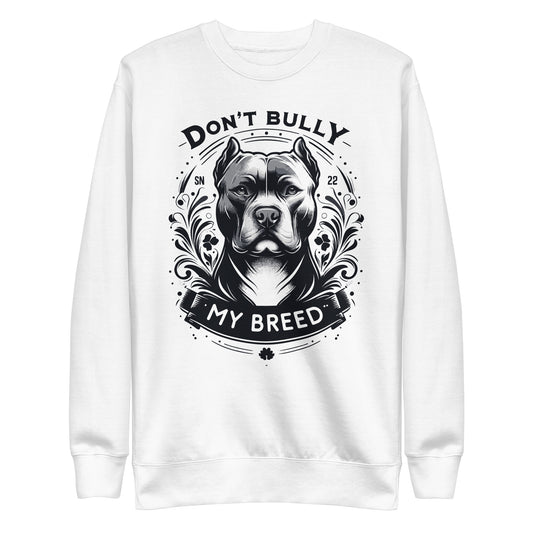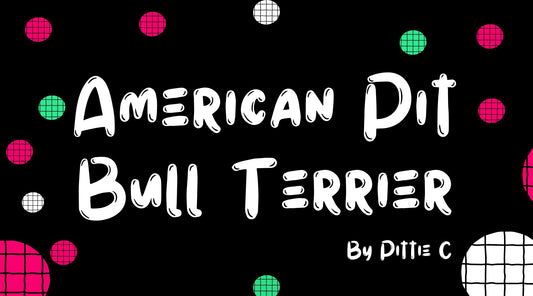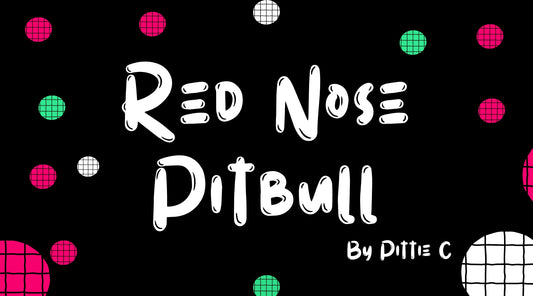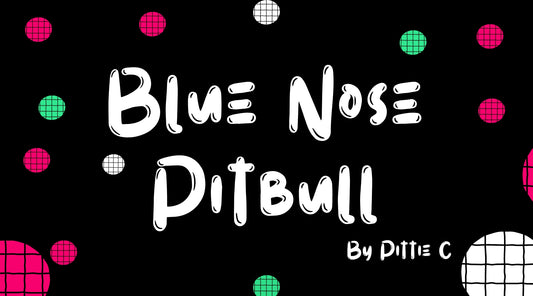Don't Bully My Breed: The Truth About Pit Bulls and Their Gentle Nature
Tom Drachman
Pit bulls have long been misunderstood and unfairly judged. At Pittie Choy, we believe in showcasing the true, gentle nature of these amazing dogs. Our "Don't Bully My Breed" campaign aims to change perceptions and advocate for pit bulls through our unique and stylish fashion collection. Let’s dive into the truth about pit bulls and how you can support this cause.
Understanding Pit Bulls: The Gentle Giants
Pit bulls, known for their loyalty and affectionate nature, are often victims of misconceptions. Additionally, raised in a loving environment, these dogs are incredibly gentle and friendly, debunking the myth of inherent aggression.
Debunking Common Myths
- Myth 1: Pit Bulls are Naturally Aggressive: Aggression in any breed is a result of poor training and socialization. Moreover, pit bulls, like any other dog, thrive on love and proper care.
- Myth 2: Pit Bulls Have "Lockjaw": This is a misconception. In contrast, pit bulls do not have a unique jaw structure; they are just strong and determined.
- Myth 3: Pit Bulls are Not Good Family Pets: Many pit bulls are wonderful family pets, known for their patience and affection with children. Furthermore, their gentle nature makes them ideal companions.
The Mission Behind "Don't Bully My Breed"
At Pittie Choy, our mission is to educate the public about the true nature of pit bulls and promote breed-neutral legislation. By purchasing from our "Don't Bully My Breed" collection, you support this cause and help spread awareness.
How You Can Help
- Adopt or Foster: Consider adopting or fostering a pit bull from a shelter. Your love can make a world of difference.
- Advocate: Speak out against breed-specific legislation and support animal welfare organizations. Additionally, your voice can help change perceptions.
- Shop with Purpose: By purchasing from our Don't Bully My Breed collection, you support the cause and spread the message.
Conclusion
Join us in the fight against breed discrimination. By embracing the "Don't Bully My Breed" campaign, you can help change perceptions and provide pit bulls with the loving homes they deserve. Furthermore, explore our Don't Bully My Breed collection and stand up for pit bulls today!


